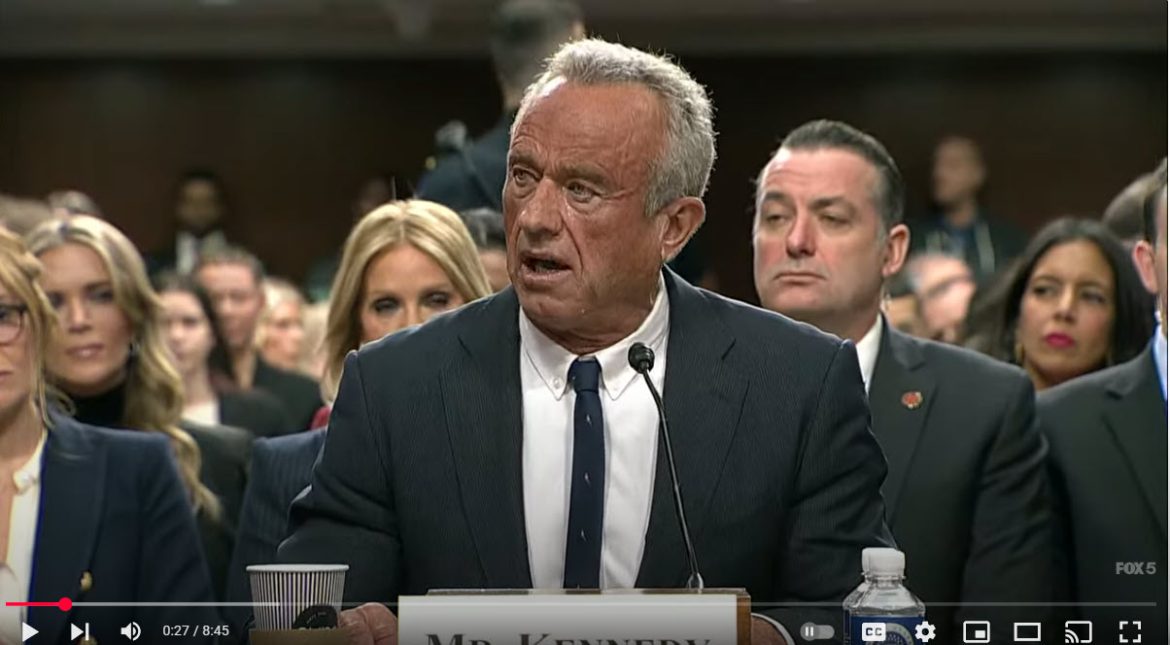Robert F. Kennedy Jr., nominated by President Donald Trump to lead the Department of Health and Human Services (HHS), is currently undergoing rigorous questioning in his Senate confirmation hearings. Known for his controversial views on vaccines and public health, Kennedy’s nomination has ignited significant debate across the political spectrum.
During the hearings, Kennedy has addressed concerns regarding his stance on vaccinations. He asserts that he is not anti-vaccine but advocates for vaccine safety, emphasizing the need for rigorous testing and transparency. Kennedy has also highlighted broader issues within the U.S. healthcare system, pointing out that despite high expenditures, the nation lags behind other developed countries in health outcomes.
The nomination has faced substantial opposition, including from within Kennedy’s own family. Caroline Kennedy, daughter of former President John F. Kennedy, has publicly denounced her cousin, labeling him a “predator” and criticizing his dissemination of anti-vaccine rhetoric. She contends that his actions have endangered public health and deems him unqualified for the HHS role.
Senators have pressed Kennedy on his past statements linking vaccines to autism and his criticism of public health measures. He has responded by reiterating his commitment to safety and informed consent, while also expressing support for certain public health initiatives.
The confirmation process has been further complicated by recent disruptions in Medicaid payment systems, following a federal funding freeze initiated by the Trump administration. These issues have intensified the scrutiny on Kennedy’s potential leadership of HHS, especially concerning the management of essential health programs.
As the hearings continue, the Senate remains divided on Kennedy’s suitability for the position. His confirmation would mark a significant shift in the leadership of the nation’s health policies, given his unorthodox views and the controversies surrounding his nomination.



